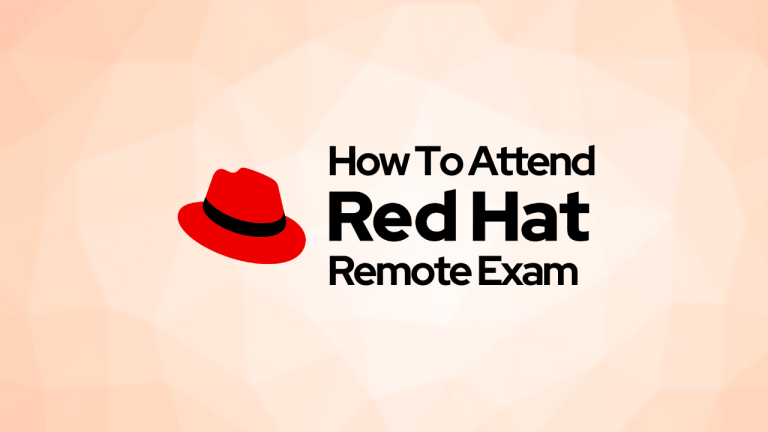
In today’s digital age, it’s easy to become consumed by technology. We spend hours glued to our screens, checking social media, responding to emails, and scrolling through endless streams of information. While technology has certainly brought many benefits to our lives, it’s important to recognize the negative impact it can have on our well-being.
That’s where digital detoxification comes in. By intentionally disconnecting from technology, we can create space for meaningful connections, personal growth, and self-care. I discovered the value of digital detoxification when I started practising it on weekends or time-off days.
During those hours, I keep my mobile phone away for 4 to 8 hours a day, maybe inside my bedroom or somewhere else where I won’t check it frequently. I also avoid using laptops during this time. I call this process digital detoxification, and it’s been a fun and helpful practice for me.
By disconnecting from technology, I have found that I can spend quality time with my family, help in the kitchen, prepare some awesome dishes (as per my wife’s feedback), and watch TV. This has helped me have better communication with my family members, increased productivity, improved sleep quality, reduced stress and anxiety, more focused attention on important tasks, greater mindfulness and presence at the moment, and enhanced creativity and imagination.
However, some people have complained about my digital detoxification practice, wondering why I didn’t respond to their calls or messages. But those who know me understand that I will reply when I am free and never ignore messages or calls unless there is a reason. In case of emergency calls, I know the person will call again, and I will know. I don’t plan to change my practice because of such complaints. Instead, I want to practice more and encourage others to try it too.
Research supports the benefits of digital detoxification. Studies show that excessive screen time can lead to negative effects such as disrupted sleep patterns, decreased physical activity, and increased stress and anxiety. By taking a break from technology, we can reduce these negative effects and improve our overall well-being.
Additionally, digital detoxification can help us cultivate a deeper sense of presence and mindfulness in our daily lives. Instead of being consumed by technology, we can focus on the present moment and connect with the world around us. This can lead to a greater appreciation for the simple things in life and a greater sense of fulfilment.
In conclusion, digital detoxification is a valuable practice that can positively impact our lives. By disconnecting from technology, we can find balance in our lives, prioritize our well-being, and rediscover the joys of being present at the moment. So, go ahead and give it a try. You might be surprised by how much you enjoy it!
Disclaimer:
The views expressed and the content shared in all published articles on this website are solely those of the respective authors, and they do not necessarily reflect the views of the author’s employer or the techbeatly platform. We strive to ensure the accuracy and validity of the content published on our website. However, we cannot guarantee the absolute correctness or completeness of the information provided. It is the responsibility of the readers and users of this website to verify the accuracy and appropriateness of any information or opinions expressed within the articles. If you come across any content that you believe to be incorrect or invalid, please contact us immediately so that we can address the issue promptly.
Tags:
Comments

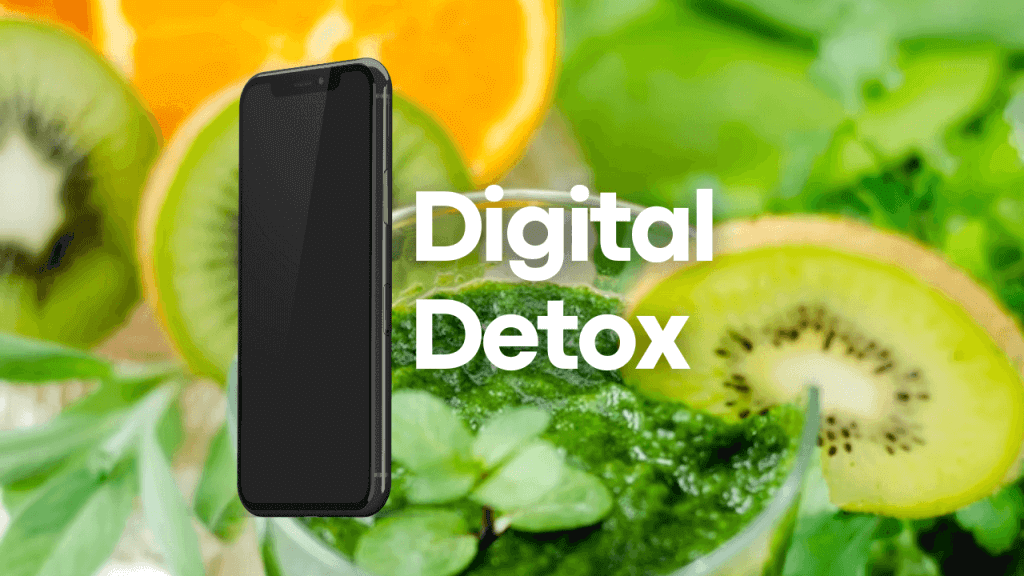

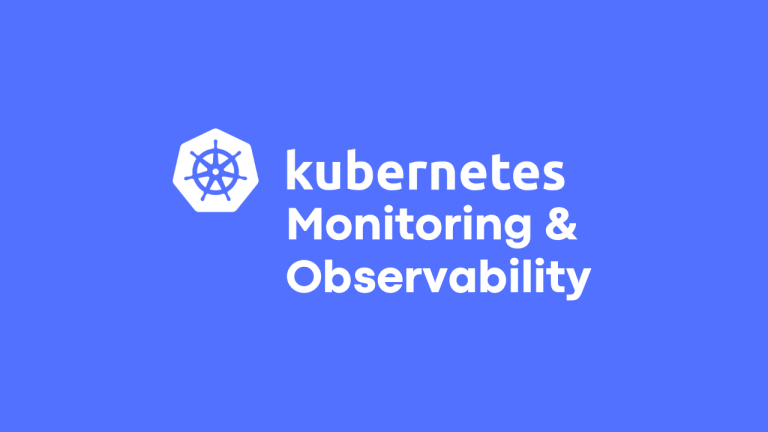
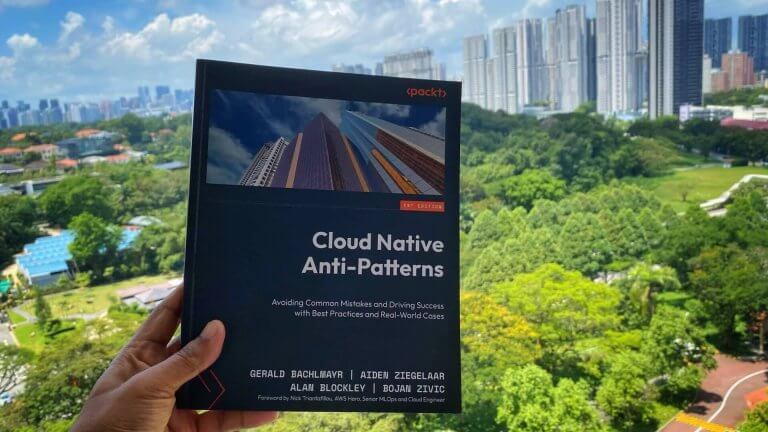
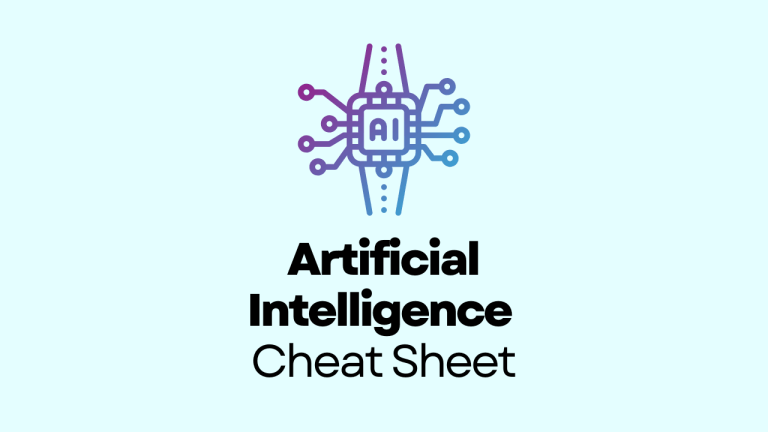
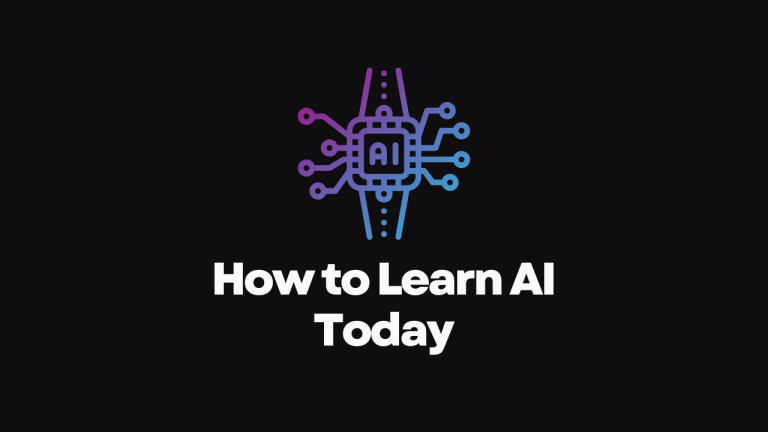
Leave a Reply